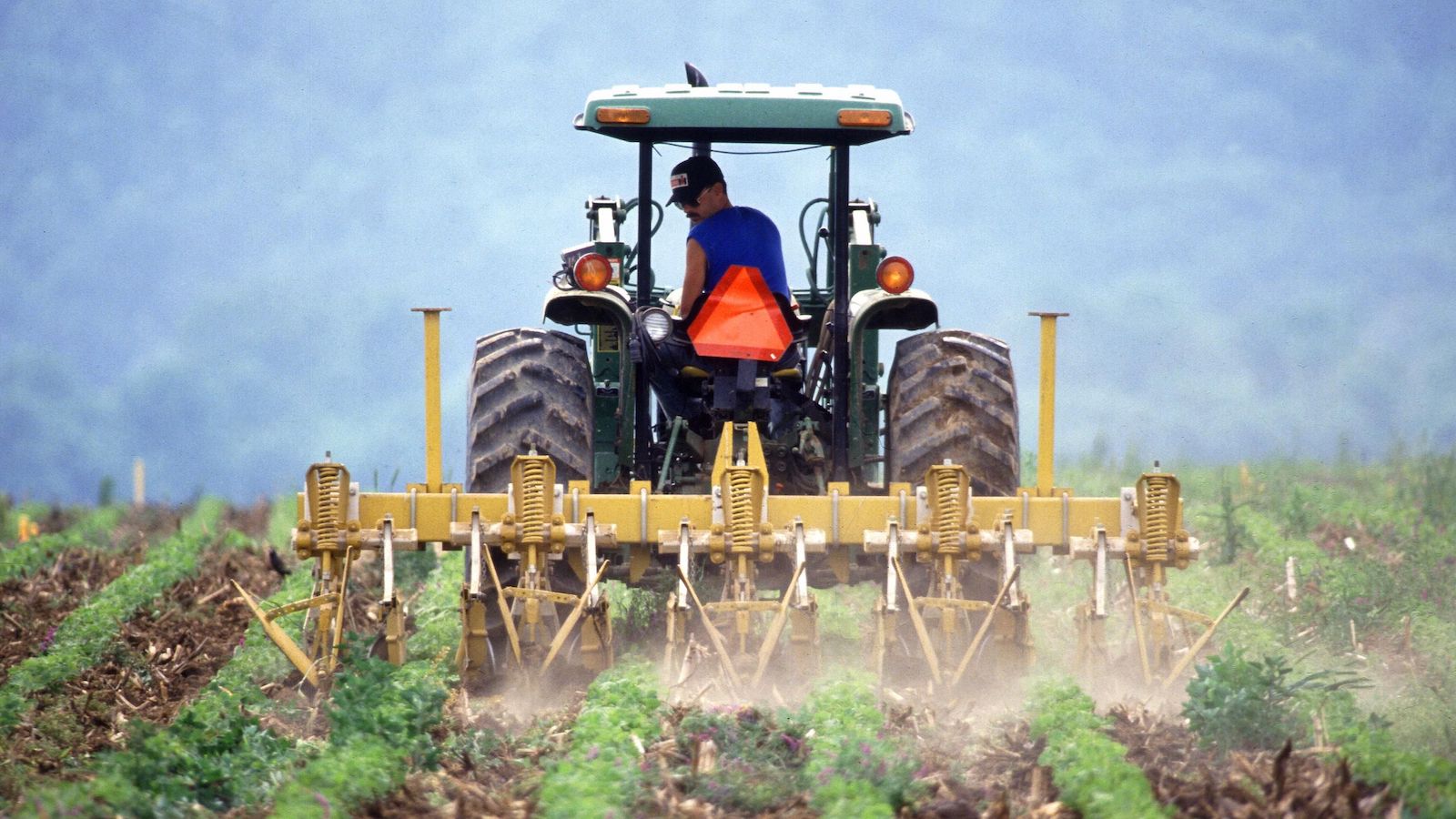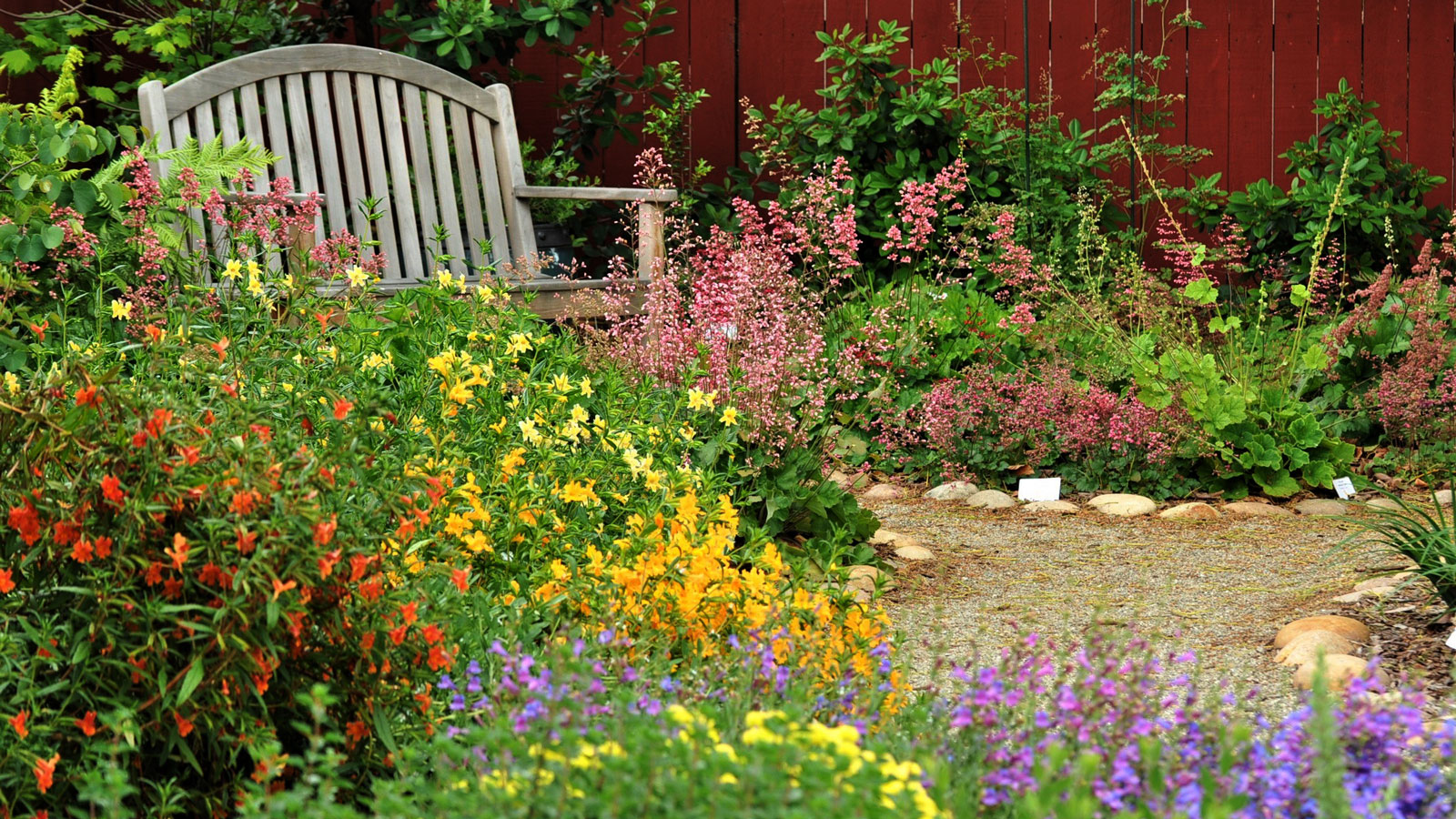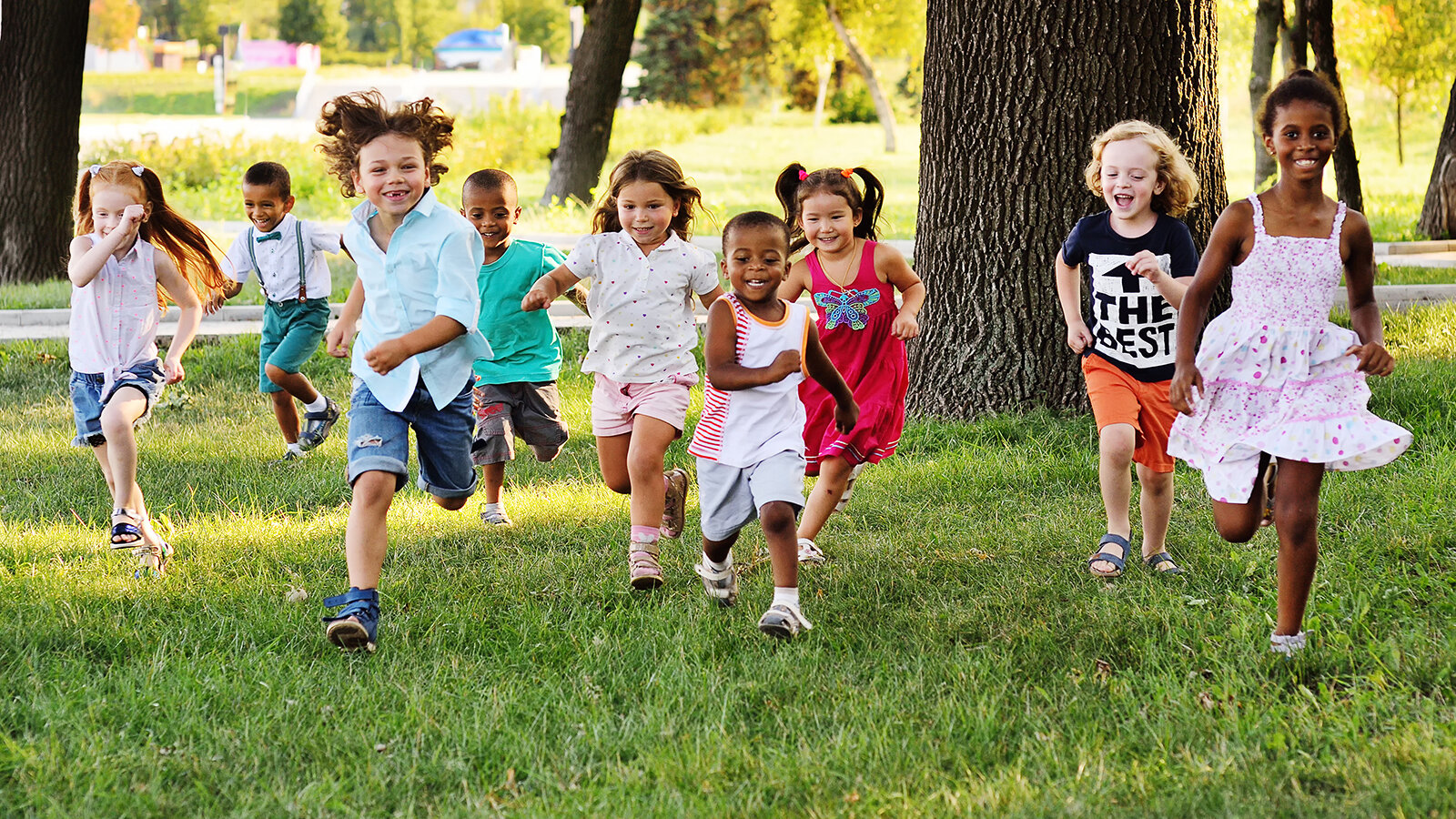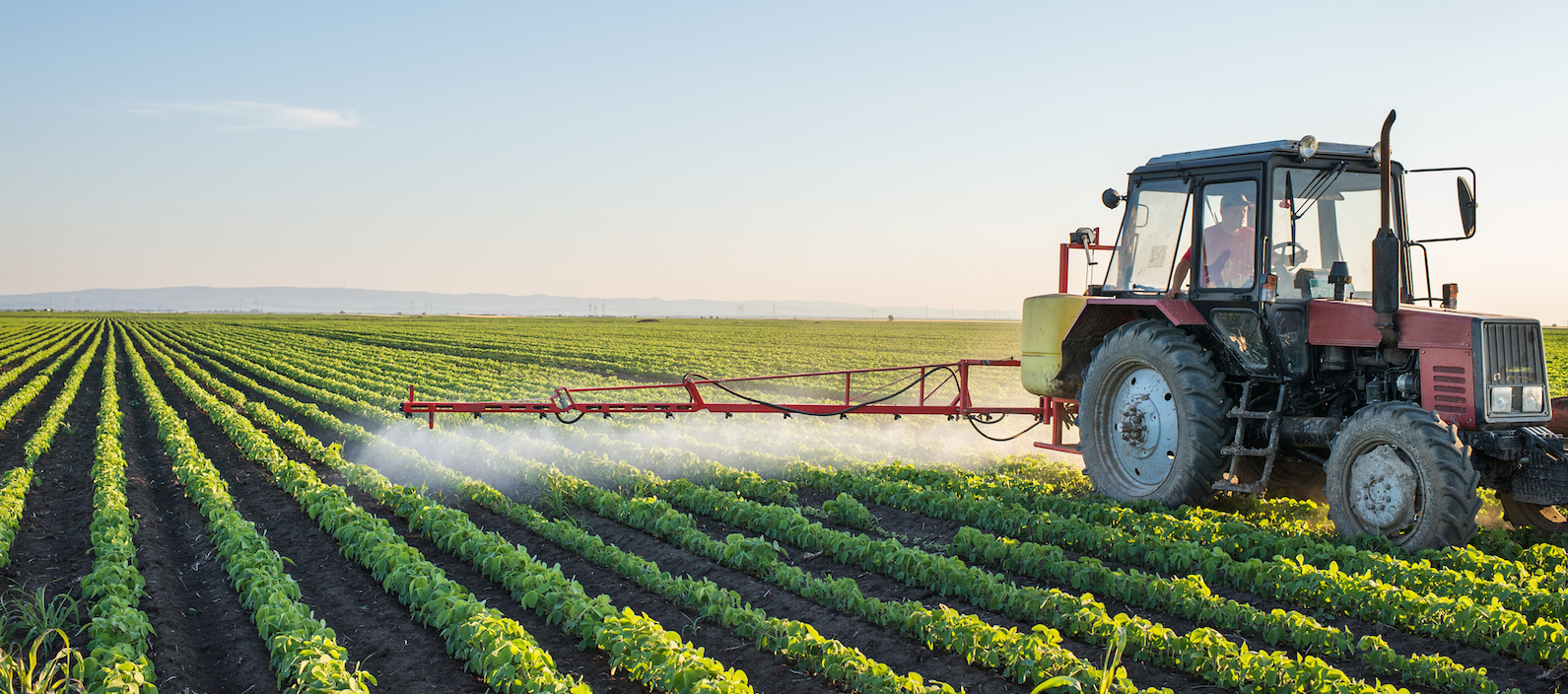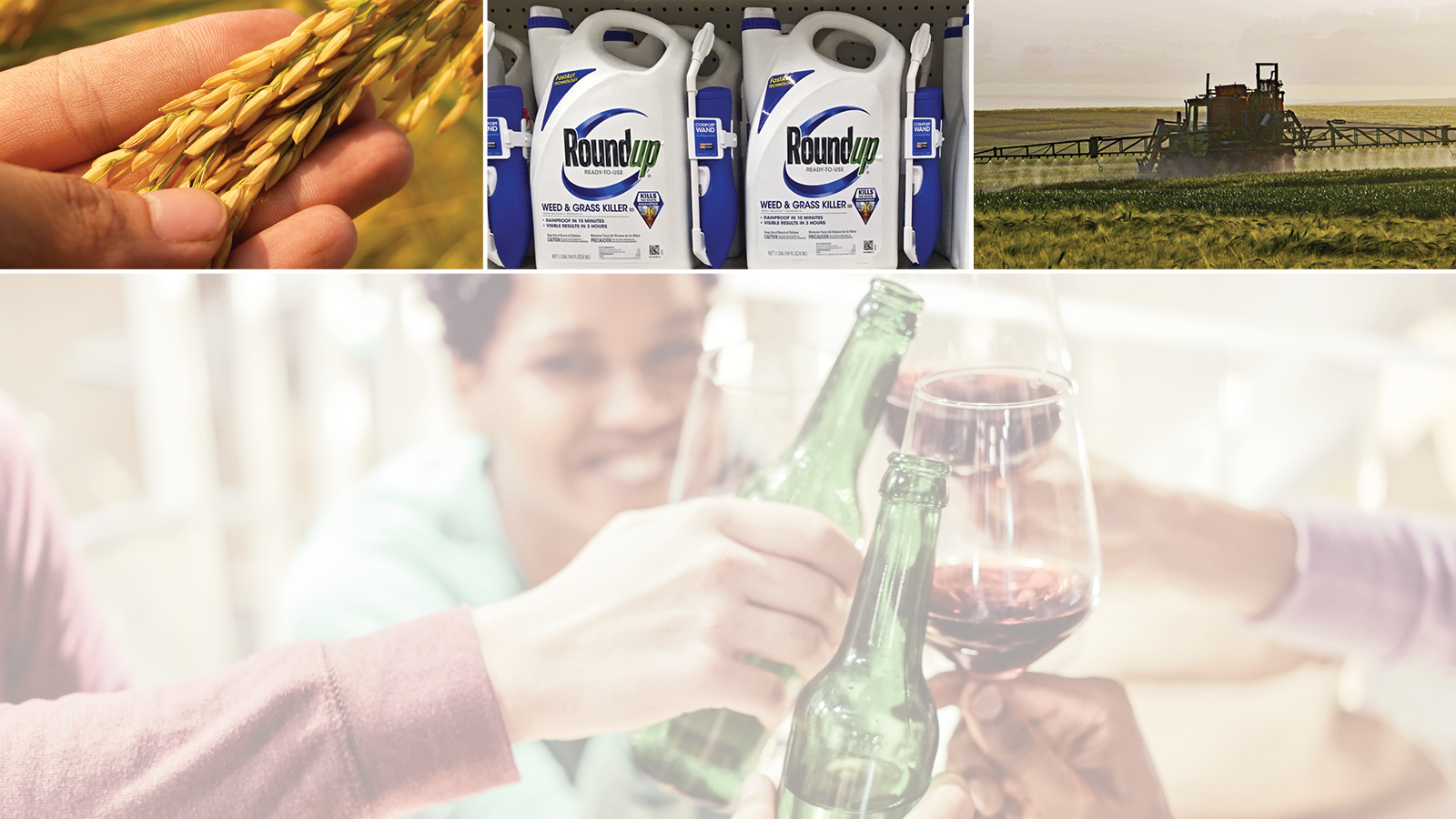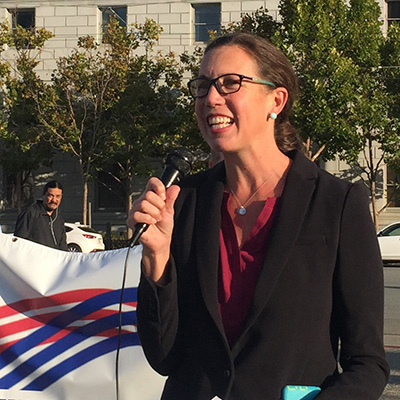
Crop Diversity: Good For Public Health, Good For The Bottom Line
For more than a decade, Iowa State University has been testing the merits of a 4-crop rotation, such as planting corn, soy, oats, and alfalfa over the course of four years. The results? The ISU researchers have reduced their use of pesticides and synthetic fertilizers by about 90% while maintaining profits. That’s a staggering number, and even if farmers don’t push the limits as aggressively as ISU agronomists, we’re still talking about major reductions in chemicals. Moreover, we would expect correlating reductions in cancers, respiratory problems, reproductive system disorders, and more.
